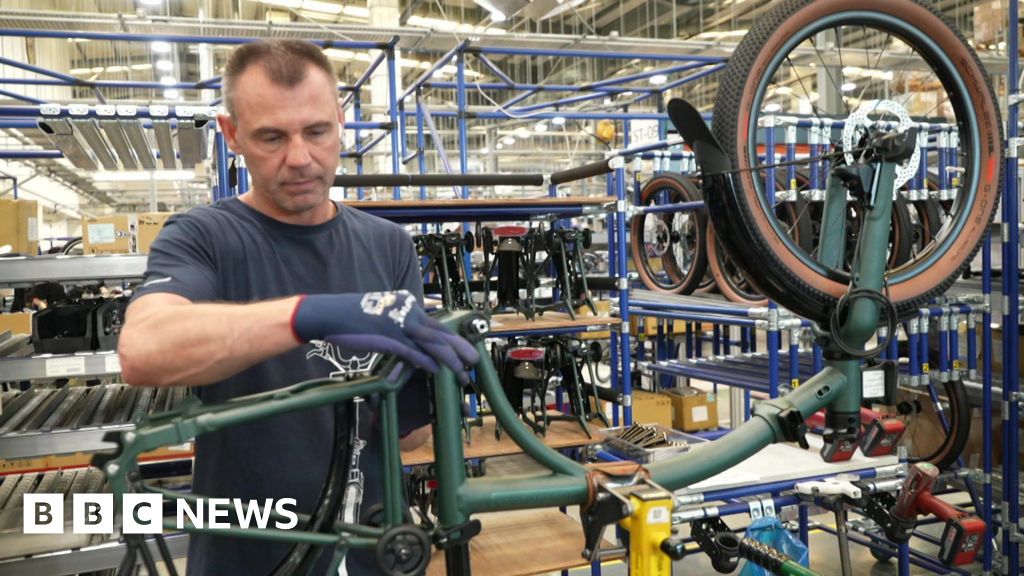
"London has shifted from large-scale industrial manufacturing to smaller, artisan production. The city now accounts for just 2% of overall income from manufacturing."
"The production of food and beverages, textiles, and clothing has grown since the early 2000s, indicating some hope for the manufacturing sector."
"Andrew Ritchie expressed sadness over the conversion of industrial spaces into residential units, illustrating the challenges faced by traditional industries in London."
"Despite higher costs of doing business in London, Andrew Ritchie remains committed to the city due to his established workforce and local suppliers."
London has transitioned from a hub of large-scale manufacturing to smaller, artisan production, which now contributes only 2% to the city's overall income. The Brompton Bikes factory exemplifies this shift, showcasing skilled handcrafting in contrast to prior industrial practices. Although traditional manufacturing has declined, sectors like food, beverages, textiles, and clothing have grown since the early 2000s. The evolving industrial identity presents challenges, with rising costs in leases and labor forcing manufacturers to reconsider their locations while trying to maintain close ties to local suppliers and workforce.
Read at www.bbc.com
Unable to calculate read time
Collection
[
|
...
]